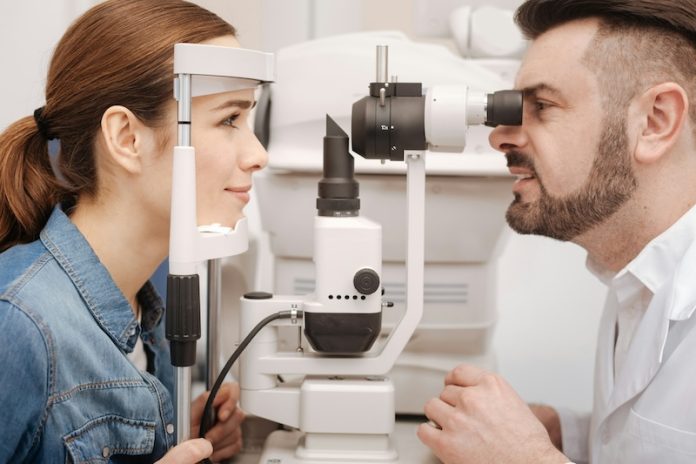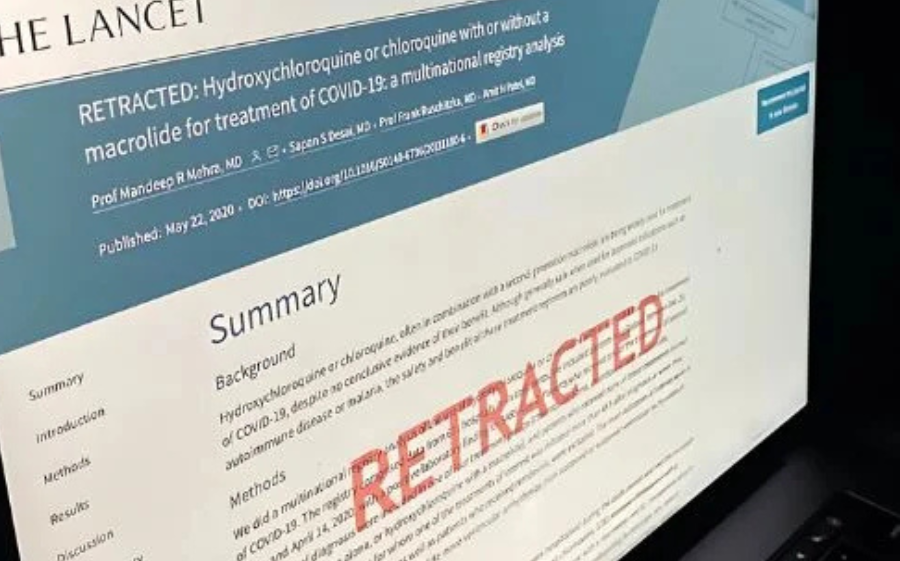
Two large studies from the University of Southern Denmark (SDU) suggest that people with type 2 diabetes who use the drug Ozempic may face a higher risk of severe eye damage.
Specifically, the drug seems to increase the likelihood of developing NAION (non-arteritic anterior ischemic optic neuropathy), a condition that affects the optic nerve and can lead to permanent vision loss.
What Is NAION?
NAION occurs when blood flow to the optic nerve is suddenly reduced, causing damage. Although it’s a rare condition, the consequences can be severe, including permanent loss of sight.
This issue was first highlighted in a smaller American study, which found that Ozempic more than doubled the risk of developing NAION. The new Danish studies confirm and expand on these findings using national health data from Denmark and Norway.
What the Studies Found
The Danish researchers analyzed medical records of over 424,000 people with type 2 diabetes, including more than 106,000 Ozempic users. They found that Ozempic users were twice as likely to develop NAION compared to patients using other diabetes treatments.
One of the researchers, Jakob Grauslund, a professor of ophthalmology, noted that cases of NAION in Denmark have risen since Ozempic became widely used in 2018.
Before its introduction, there were 60–70 cases of NAION annually, but now there are as many as 150 cases each year, with most occurring in type 2 diabetes patients.
The second study, led by Anton Pottegård, a professor of pharmaceuticals, took a more targeted approach. It compared new Ozempic users with patients starting other diabetes drugs in both Denmark and Norway.
This allowed for a direct comparison between similar groups of patients. The results confirmed the increased risk, showing that Ozempic users were twice as likely to develop NAION.
What This Means for Patients
It’s important to note that NAION is a very rare side effect. According to the researchers, the absolute risk is still low, and most patients on Ozempic will not experience this problem.
However, the findings raise questions about whether some patients might benefit from switching to alternative treatments. Other diabetes drugs, for example, may provide similar benefits for managing blood sugar while also protecting against kidney and heart disease.
Professor Kurt Højlund, a diabetes expert at the Steno Diabetes Center in Odense, emphasized that treating type 2 diabetes remains crucial.
He suggests that patients with a higher risk of vision problems might consider other medications. For patients already diagnosed with NAION in one eye, stopping Ozempic might be necessary to avoid further complications.
What Should Patients Do?
Patients currently using Ozempic should not stop their treatment without consulting their doctor. Ozempic remains effective for managing diabetes, and its benefits often outweigh the risks for most people.
However, the studies provide valuable information for doctors and patients when discussing treatment options. Patients concerned about their vision should mention this to their healthcare provider, especially if they experience sudden changes in eyesight.
Next Steps
Danish and international health authorities have been informed of these findings, and the data will help guide decisions about Ozempic’s safety.
Researchers hope these studies will lead to more personalized treatment options for diabetes patients. The findings have been published in the International Journal of Retina and Vitreous and as a preprint on medRxiv.
While these results highlight a potential concern, they also remind us that all medications come with risks. The key is to balance those risks with the benefits, ensuring patients receive the best possible care for their condition.
If you care about diabetes, please read studies about Vitamin D and type 2 diabetes, and to people with diabetes, some fruits are better than others.
For more information about diabetes, please see recent studies that low calorie diets may help reverse diabetes, and 5 vitamins that may prevent complication in diabetes.
The research findings can be found in medRxiv.
Copyright © 2024 Knowridge Science Report. All rights reserved.








Leave a Comment